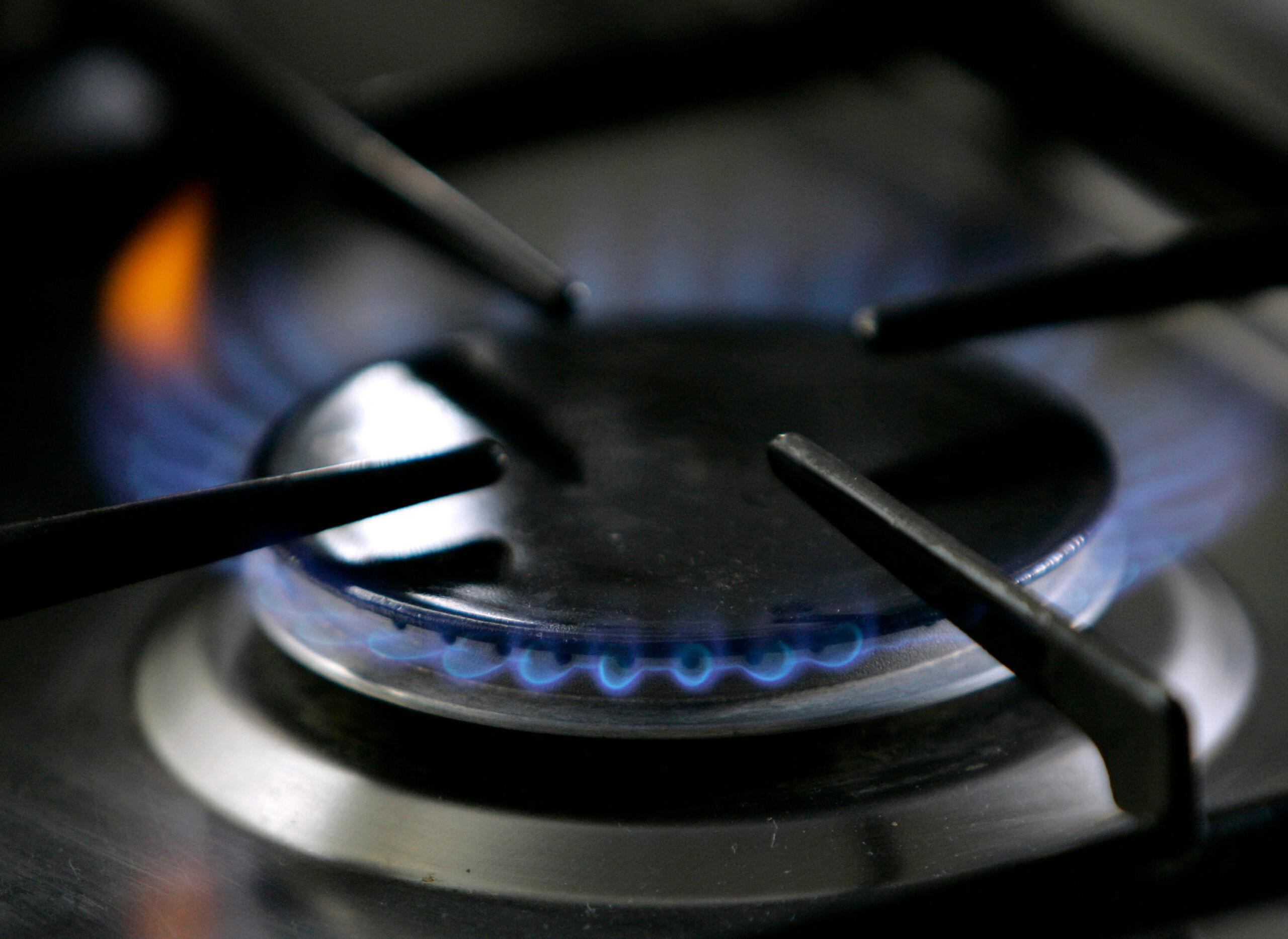
A new lawsuit filed by a coalition of national and state-level business groups seeks to scuttle portions of Denver’s climate-minded building code, which requires large buildings to ditch natural gas furnaces and water heaters in favor of all-electric alternatives.
The rules are a core component of Denver’s plan to cut its contribution to climate change. Apartments, office towers and other big buildings account for nearly half of the city’s greenhouse gas emissions due, in large part, to a heavy reliance on natural gas. By requiring a transition to electricity, the city aims to take full advantage of growing supplies of zero-carbon energy sources like wind and solar.
That plan, however, could run aground if the new complaint succeeds.
A similar case filed by the California Restaurant Association led a federal court to overturn a first-in-the-nation ban on natural gas hookups in Berkeley, Calif. The federal lawsuit filed on July 3 against Denver mounts a nearly identical argument, claiming the city’s building standards violate a federal law giving the U.S. Department of Energy the sole authority to set energy efficiency standards for appliances.
If the lawsuit prevails, it could force communities covered by the 10th U.S. Circuit Court of Appeals to scrap similar policies to shift away from natural gas. The region includes Colorado and five of its bordering states. Most cities with policies to limit gas usage are in Colorado, including Crested Butte, which passed the state’s first ban on new gas hookups in 2022. Boulder also recently approved energy codes requiring all-electric new buildings starting in December.
“It would cause all those communities to undo those policies, and then redo them in a way that meets the court's interpretation. I want to be optimistic in thinking any ruling wouldn’t stop communities from caring about climate change, but it could force them back to the drawing board,” said Christine Brinker, a buildings policy manager for the Southwest Energy Efficiency Project.
A powerful set of plaintiffs
While other climate-minded communities have banned natural gas hookups, Denver has pursued a phased approach to nudge fossil fuels out of apartments and office towers using its building gods.
The standards prohibited natural gas furnaces and water heaters in new construction starting in 2024. In 2025, any defunct gas heating equipment must be replaced with fully or partially electric appliances. In 2027, electric equipment must meet at least half of a building’s existing space and water heating. Building owners can apply for an exemption if any project is unreasonably expensive.
But those provisions have failed to pacify national groups worried about the long-term implications of Denver’s climate plans.
Plaintiffs behind the new lawsuit include powerful trade groups like the National Association of Home Builders, the American Hotel and Lodging Association and the National Apartment Association. It’s also backed by the Colorado Restaurant Association and the Restaurant Law Center, a national policy group that lent legal support to the case against Berkeley.
“If Denver is allowed to enforce these regulations, homeowners and business owners will no longer have the freedom of energy choice,” said Denise Mickelsen, a spokesperson for the Colorado Restaurant Association in a written statement sent to CPR News. “Denver residents and businesses will pay the price — literally — in higher building and energy costs.”
Unlike Berkeley’s defunct gas ban, Denver’s building codes won’t impact hookups for gas stoves. The lawsuit, however, claims the rules will shrink the pool of total gas customers, increasing costs for restaurant operators unable to shift to electric cooking appliances.
Another plaintiff is the National Propane Gas Association, a national trade group representing propane distributors and retailers.
CPR News first reported the group could file a lawsuit against Denver in an investigation published earlier this month. An agenda for a meeting held by the propane group’s executive committee on May 30 obtained by CPR News included a letter from one of the group’s top lobbyists, which suggested the upcoming lawsuit was meant to protect Colorado’s fossil fuel market as the state and local communities approved pro-electrification policies to meet climate targets.
The document also suggests the American Gas Association, a powerful trade group with a history of fighting climate policies, is part of the coalition backing the legal challenge. The group’s potential involvement should set off alarm bells for Denver residents, said Charlie Spatz, a research manager for the Energy and Policy Institute, a utility watchdog and environmental advocacy group.
That’s because the trade association counts Xcel Energy, Denver’s gas and electricity provider, as one of its members. The investor-owned utility has charged customers for the cost of its membership dues in the past. While a new Colorado law bans the practice, state utility regulators are still finalizing rules to enforce the restrictions.
“I suspect many residents of Denver wouldn’t want their energy bill contributing to an effort to undermine their own city’s climate policy,” Spatz said.
The lawsuit, however, does not list the American Gas Association as a plaintiff and a general counsel for the organization denied his organization was involved with the lawsuit before the complaint was filed earlier last month. A representative for the gas association did not reply to CPR News’ questions about whether the group remains uninvolved now that the lawsuit has been filed in federal court.
The new lawsuit follows a similar challenge filed by local landlords and building operators, which argues federal law overrules Denver’s green building policies. That case also objects to a Colorado program requiring the state's largest buildings to cut their climate-warming emissions.
A spokesperson for Denver Mayor Mike Johnston said the city doesn’t comment on pending litigation, but it has asked the federal court to dismiss the initial case challenging its green building program.






